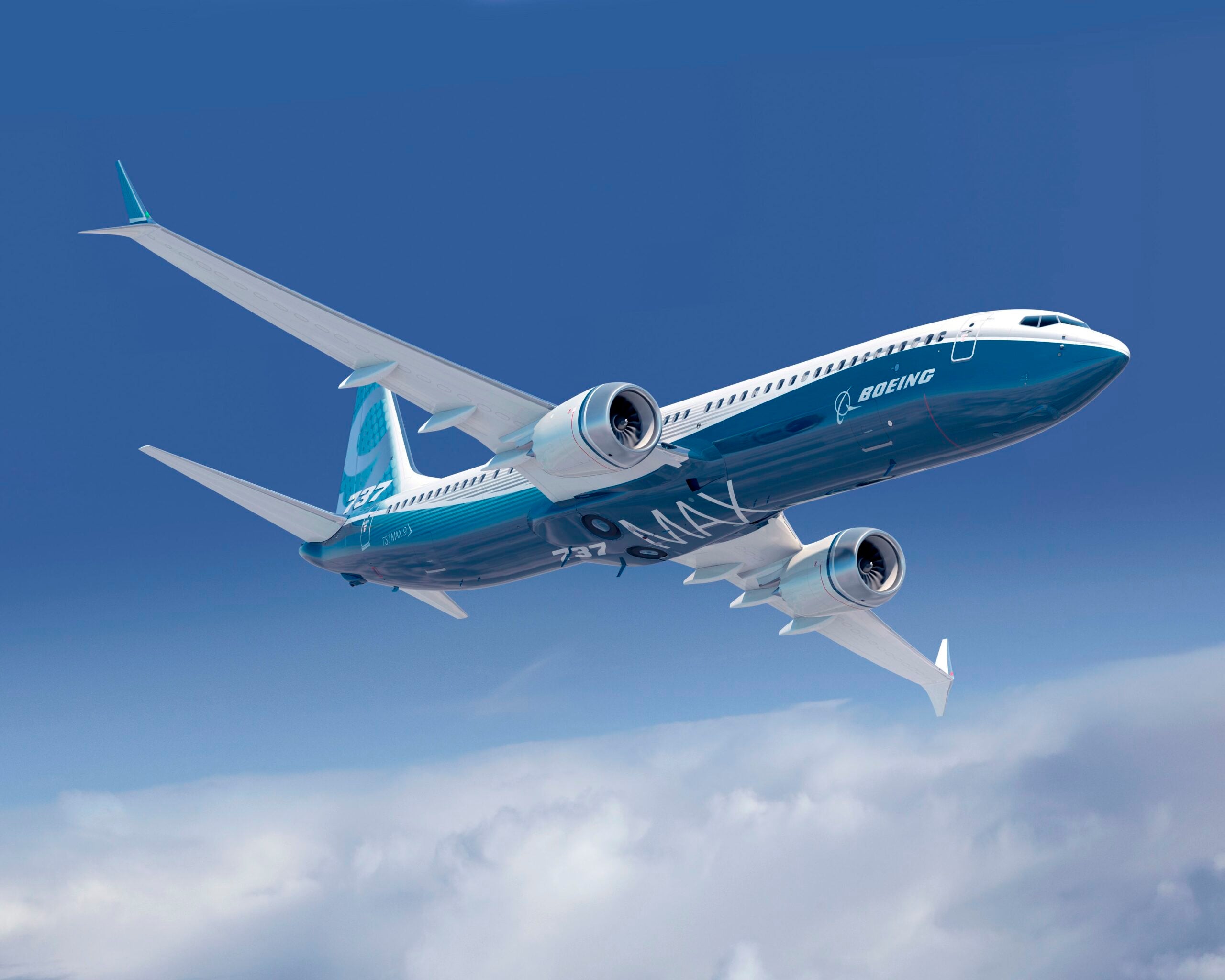Boeing has uncovered more trouble at the production level of the 737 Max that will force the aerospace giant to rework some 50 aircraft before they can be delivered.
On Sunday, Boeing employees received a memo from Stan Deal, the head of the company’s commercial aircraft division, stating that last week an employee at Spirit AeroSystems in Wichita, Kansas—the makers of the fuselages for the 737—noted an issue with improperly drilled holes.
SpiritAero Systems confirmed this in a statement to FLYING, stating, “A member of our team identified an issue that does not conform to engineering standards. Once notified, we began immediate actions to identify and implement appropriate repair solutions. We are in close communication with Boeing on this matter.”
“I want to thank an employee at the supplier who flagged to his manager that two holes may not have been drilled exactly to our requirements,” Deal stated. “While this potential condition is not an immediate flight safety issue and all 737s can continue operating safely, we currently believe we will have to perform rework on about 50 undelivered airplanes.”
The fuselages are built in Kansas and then shipped to Renton, Washington, where the final assembly of the aircraft takes place.
“While this issue could delay some near-term 737 deliveries, this is the only course of action given our commitment to deliver perfect airplanes every time. The days we are setting aside in the 737 program will allow time for our teams to complete the inspections and, if needed, perform the necessary rework,” the memo continues.
Travel Work a Problem
In the memo, Deal noted that during the quality stand down held at the Renton facility, “Many employees voiced frustration with traveled work and how unfinished jobs—either from our suppliers or within our factories—can ripple through the production line. These employees are absolutely right. We need to perform jobs at their assigned position. We have to maintain this discipline within our four walls and we are going to hold our suppliers to the same standard.”
Deal states the company recently instructed a major supplier to hold shipments until all jobs have been completed to specification. “While this delay in shipment will affect our production schedule, it will improve overall quality and stability,” he said.
Deal adds that the 737 program “will spend several days in the Renton factory to focus on quality, including inspecting some undelivered airplanes for a potential non-conformance prior to delivery.”
“In our drive to strengthen quality across Commercial Airplanes, your voice is critical. We asked you and everyone across our production system to speak up. Thanks to all those who have raised concerns and offered ideas.” he said.
The Event that Led to This
It has been one month since Alaska Airlines flight 1282, a Boeing 737 Max 9, had a door plug blow out shortly after take off from Portland International Airport (KPDX). The aircraft had just reached 16,000 feet when the door plug failed, causing a rapid decompression and sending loose objects such as cellphones and stuffed animals into the sky. The flight crew declared an emergency and returned to KPDX. Video of the airline descending through the night sky with a gaping hole in its side and the overhead oxygen masks deployed has gone viral.
There was no one sitting next to the bulkhead when the door plug blew, and there were no serious injuries, but many of the passengers have filed a lawsuit against Boeing and the airline, alleging the aircraft, which had been removed from overwater flights due to unaddressed issues with its cabin pressurization system, should not have been permitted to fly.
The cause of the door plug blowout is being investigated by the National Transportation Safety Board. Among the questions being asked is whether the four bolts that are supposed to hold the door plug in place were properly installed or installed at all.
Boeing has been under the microscope for quality control issues involving the 737 Max since 2018 and 2019, when an alleged design flaw and a rush to certification were noted in connection to two fatal crashes that resulted in the deaths of 346 people and the grounding of the aircraft for 20 months.
The problems with design and certification have impacted Boeing’s delivery schedule. Several air carriers, including United Airlines and Southwest Airlines, have placed orders for the new versions of the 737 Max that have yet to be certified. United ordered the Max 10, Southwest the 737 Max 7. Neither aircraft has received FAA approval to carry passengers.
